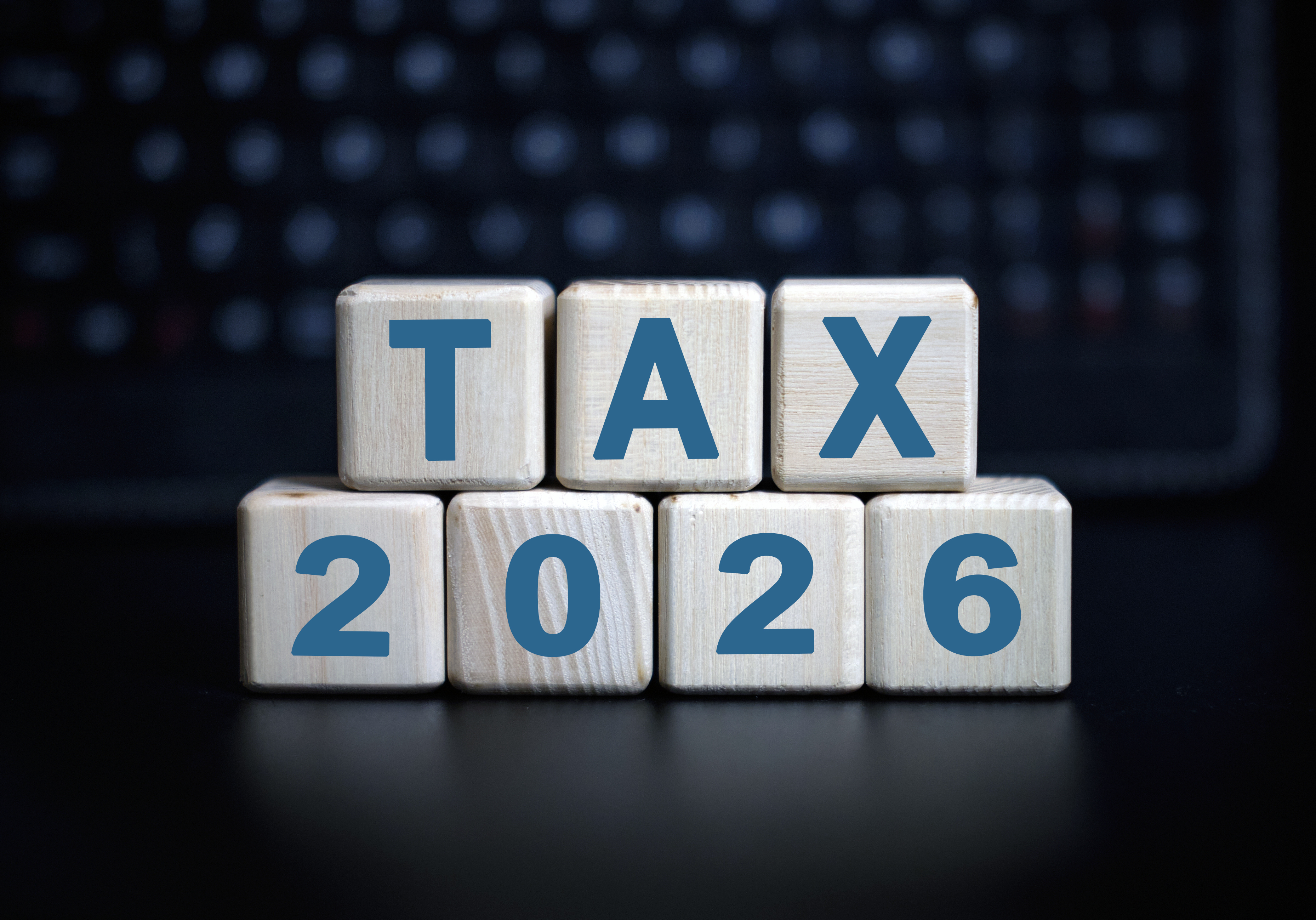The Answers to More RMD Questions
The CARES Act made 2020 required minimum distributions optional. But what are your next moves?
Profit and prosper with the best of Kiplinger's advice on investing, taxes, retirement, personal finance and much more. Delivered daily. Enter your email in the box and click Sign Me Up.
You are now subscribed
Your newsletter sign-up was successful
Want to add more newsletters?

Delivered daily
Kiplinger Today
Profit and prosper with the best of Kiplinger's advice on investing, taxes, retirement, personal finance and much more delivered daily. Smart money moves start here.

Sent five days a week
Kiplinger A Step Ahead
Get practical help to make better financial decisions in your everyday life, from spending to savings on top deals.

Delivered daily
Kiplinger Closing Bell
Get today's biggest financial and investing headlines delivered to your inbox every day the U.S. stock market is open.

Sent twice a week
Kiplinger Adviser Intel
Financial pros across the country share best practices and fresh tactics to preserve and grow your wealth.

Delivered weekly
Kiplinger Tax Tips
Trim your federal and state tax bills with practical tax-planning and tax-cutting strategies.

Sent twice a week
Kiplinger Retirement Tips
Your twice-a-week guide to planning and enjoying a financially secure and richly rewarding retirement

Sent bimonthly.
Kiplinger Adviser Angle
Insights for advisers, wealth managers and other financial professionals.

Sent twice a week
Kiplinger Investing Weekly
Your twice-a-week roundup of promising stocks, funds, companies and industries you should consider, ones you should avoid, and why.

Sent weekly for six weeks
Kiplinger Invest for Retirement
Your step-by-step six-part series on how to invest for retirement, from devising a successful strategy to exactly which investments to choose.
When the CARES Act made required minimum distributions optional for 2020, the legislation left readers with many more questions about when they could return those distributions to an individual retirement account or whether they should convert the equivalent of the RMD to a Roth. Here are our replies.
I took my RMD more than 60 days ago in 2020. Can I return it to my IRA? It depends. The IRS recently issued new guidance that gives some people more time to return the money using an indirect rollover. If you took an RMD between Feb. 1 and May 15 and haven’t made any other indirect rollovers in the past year, you now have until July 15, 2020, to roll over the money into an IRA. If you took the money in January, you’re out of options now, but don’t lose hope. Between now and next April 15, when the taxes on those distributions are due, the IRS could come out with additional clarification that gets even those early birds off the hook. So stay tuned.
If I don’t have to take an RMD from my regular IRA in 2020, would it be beneficial to convert this same amount to my Roth account and pay the taxes incurred on that amount? Skipping your 2020 RMD and converting that same amount to a Roth is an excellent idea. Because Roths are funded with after-tax dollars, the money withdrawn in retirement is tax free, and Roths have no RMDs.
From just $107.88 $24.99 for Kiplinger Personal Finance
Become a smarter, better informed investor. Subscribe from just $107.88 $24.99, plus get up to 4 Special Issues

Sign up for Kiplinger’s Free Newsletters
Profit and prosper with the best of expert advice on investing, taxes, retirement, personal finance and more - straight to your e-mail.
Profit and prosper with the best of expert advice - straight to your e-mail.
By not taking the RMD from a traditional IRA this year, you have more room to convert the funds without triggering a much higher tax bill. In any other tax year, the RMD and the Roth conversion amount would both be added to your overall annual taxable income, potentially launching you into a higher bracket. “A Roth conversion is a bet that your taxes will be higher in the future,” says Evan T. Beach, director of wealth advisory for Campbell Wealth Management. “You know that next year your taxes will be higher if for no other reason than that you’re going to have to take an RMD.”
What about a qualified charitable distribution? Can I roll it back, and if not, how will that money be taxed? Because QCDs are distributions given directly to charity, you might be able to stop payment on the check before the charity gets it and then roll over the money. But you would have to act fast. Once the charity cashes the check or the funds are transferred to its account, you can’t get the money back to roll it over. And we’re not sure why you would want to. “QCDs are the most tax efficient way to give to charity,” says Ben Barzideh, wealth adviser for Piershale Financial Group. Because the distribution bypasses you, it isn’t added to your taxable income, so the net effect is zero. Plus, you can still qualify for the standard deduction, which nearly doubled in value beginning in 2018.
Does this new rule apply to income annuity payments? Do you know of a way to stop payments for one year only and to resume again in 2021? From a tax standpoint, the IRS treats all traditional IRAs as one pot, regardless of how the money is allocated, whether in annuities or some other investment. So, if you have an IRA annuity, the waiver does apply, but it will also depend on the insurance company and the annuity. “There are annuities that allow you to turn (the payments) on or off,” says Beach. If your annuity is one of them, then you can hit the pause button for 2020 and resume next year. Check with the insurer to determine what kind of annuity you have and whether the waiver can apply.
With 2020 RMDs for IRAs waived, my wife and I plan to skip taking an RMD this year. This will result in us having a significantly lower AGI for 2020. Will the Social Security Administration consider adjusting the IRMAA surcharges down for the remainder of 2020 since our AGI is lower? The income-related monthly adjustment amounts, or IRMAAs, that determine how much you pay for Medicare Part B and Part D plans rely on a formula specified in the Social Security Act. That formula bases the rates on your adjusted gross income from two years before. Although your IRMAAs will remain the same for this year, you should see your lower AGI reflected in the rate you pay in 2022.
Profit and prosper with the best of Kiplinger's advice on investing, taxes, retirement, personal finance and much more. Delivered daily. Enter your email in the box and click Sign Me Up.
-
 How Much It Costs to Host a Super Bowl Party in 2026
How Much It Costs to Host a Super Bowl Party in 2026Hosting a Super Bowl party in 2026 could cost you. Here's a breakdown of food, drink and entertainment costs — plus ways to save.
-
 3 Reasons to Use a 5-Year CD As You Approach Retirement
3 Reasons to Use a 5-Year CD As You Approach RetirementA five-year CD can help you reach other milestones as you approach retirement.
-
 Your Adult Kids Are Doing Fine. Is It Time To Spend Some of Their Inheritance?
Your Adult Kids Are Doing Fine. Is It Time To Spend Some of Their Inheritance?If your kids are successful, do they need an inheritance? Ask yourself these four questions before passing down another dollar.
-
 3 Retirement Changes to Watch in 2026: Tax Edition
3 Retirement Changes to Watch in 2026: Tax EditionRetirement Taxes Between the Social Security "senior bonus" phaseout and changes to Roth tax rules, your 2026 retirement plan may need an update. Here's what to know.
-
 9 Types of Insurance You Probably Don't Need
9 Types of Insurance You Probably Don't NeedFinancial Planning If you're paying for these types of insurance, you may be wasting your money. Here's what you need to know.
-
 The 'Scrooge' Strategy: How to Turn Your Old Junk Into a Tax Deduction
The 'Scrooge' Strategy: How to Turn Your Old Junk Into a Tax DeductionTax Deductions We break down the IRS rules for non-cash charitable contributions. Plus, here's a handy checklist before you donate to charity this year.
-
 New 2026 Tax Change Could Mean More for Your IRA and 401(k) Savings
New 2026 Tax Change Could Mean More for Your IRA and 401(k) SavingsRetirement Savings Here's how the new IRS inflation adjustments will increase the contribution limits for your 401(k) and IRA in the new year.
-
 10 Retirement Tax Plan Moves to Make Before December 31
10 Retirement Tax Plan Moves to Make Before December 31Retirement Taxes Proactively reviewing your health coverage, RMDs and IRAs can lower retirement taxes in 2025 and 2026. Here’s how.
-
 Claiming the Standard Deduction? Here Are Five Tax Breaks for Retirement in 2025
Claiming the Standard Deduction? Here Are Five Tax Breaks for Retirement in 2025Tax Tips If you’re retired and filing taxes, these five tax credits and deductions could provide thousands in relief (if you qualify).
-
 IRS Names Its First CEO: But He’s Also Still Running Social Security
IRS Names Its First CEO: But He’s Also Still Running Social SecurityTax News Will this new role make it difficult to address emerging issues like budget and staffing cuts and customer service concerns?
-
 IRS Phasing Out Paper Checks: Here's What to Know in 2026
IRS Phasing Out Paper Checks: Here's What to Know in 2026Tax Changes IRS tax refunds and Social Security paper checks are typically delivered online now. Will that impact your money?